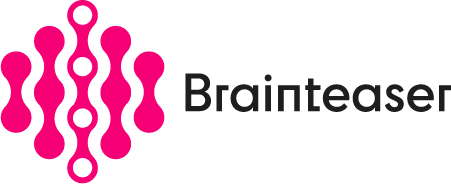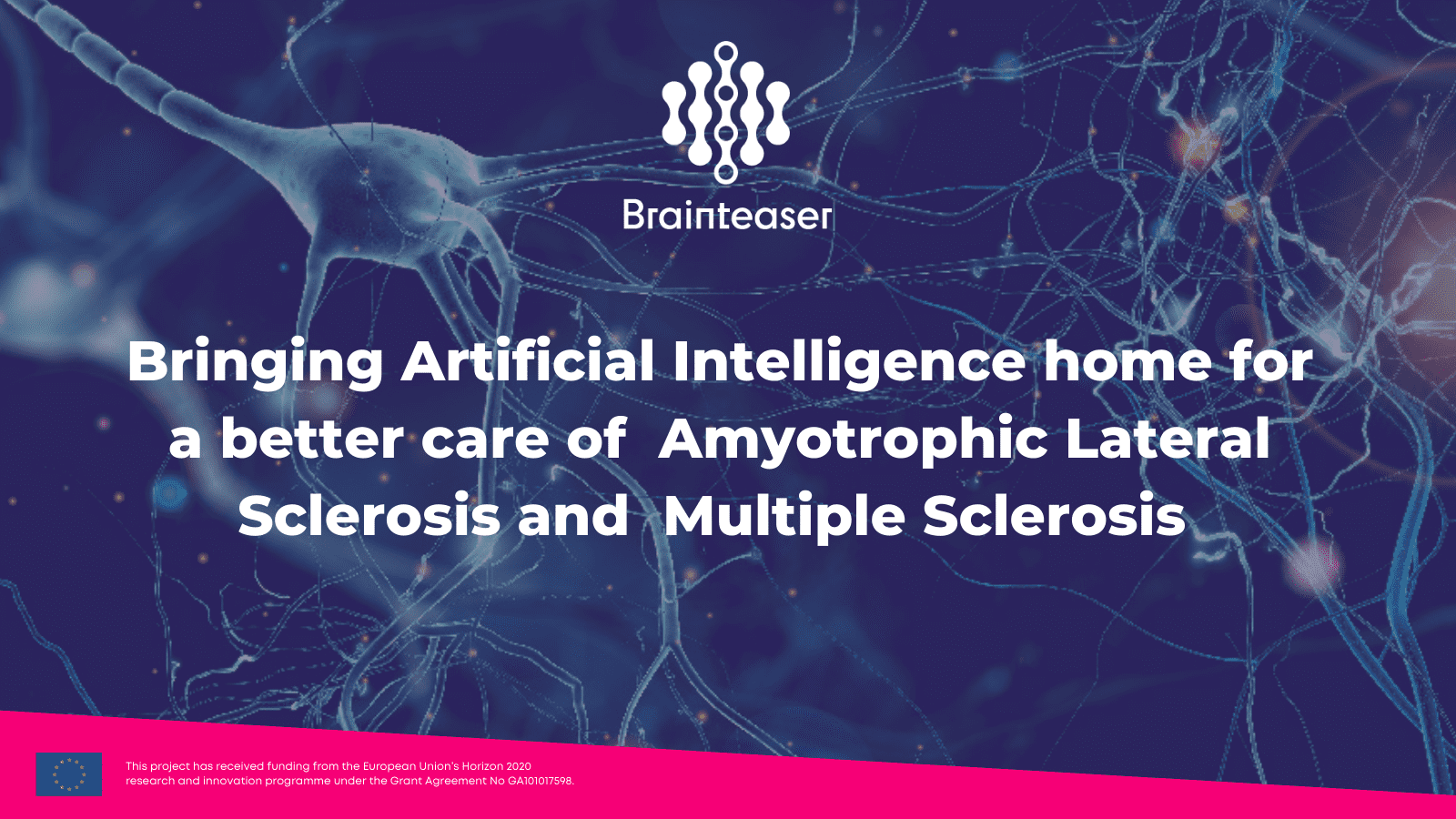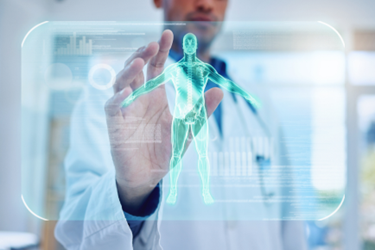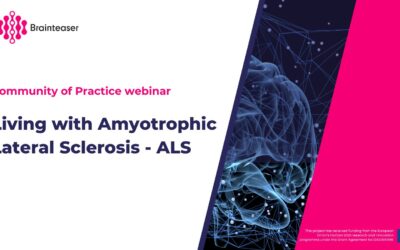Officially started on the 1st of January 2020, the H2020 BRAINTEASER project kicked off its operational activities last week, January 28th and 29th, at the presence of its project officer Mr Tobias Wiesenthal, Head of Sector ‘Research and Innovation’ at DG CONNECT.H.3 – eHealth, Well-Being and Ageing.
All the 11 partners, a multidisciplinary gender-balanced consortium from academia, industry, clinical settings and the non-profit sector coming from six European countries, worked together during the two days’ meeting to streamline the project’s initial action plan, to confirm their roles and responsibilities and to commonly agree on the most effective strategies towards the project’s goals accomplishment.
The project consortium, led by the Universidad Politécnica de Madrid, will face the ambitious challenge of using Artificial Intelligence (AI) systems to process data gathered from patients affected by Multiple Sclerosis (MS) and Amyotrophic Lateral Sclerosis (ALS) to make patients’ management more efficient and effective and to develop models able to predict the diseases progression.
ALS and MS are two very complex degenerative neurological diseases but with very different clinical picture, evolution, prognosis and therapies. Common features are that both diseases affect the nervous system, they are chronic, progressive and modify significantly the quality of life of the patients and their families.
Patients have to manage alternated periods in hospital with care at home, experiencing a constant uncertainty regarding the timing of the disease acute phases and facing a considerable psychological and economic burden that also involves their family’s caregivers. Clinicians, on the other hand, need tools able to support them in all the phases of the patient’s treatment, suggest personalized therapeutic decisions and indicate urgently needed interventions.
During the four years of the project, the BRAINTEASER study will involve 300 patients enrolled in the four participating clinical centres located in Italy, Spain and Portugal. The patients will be constantly monitored using specific instruments such as sensors and smart apps, designing personalised services and fostering the patients’ empowerment and self-management.
Through a simple system of wearable sensors and apps we intend to bring the advantages of artificial intelligence directly to the patient, by integrating models for short and long-term risk prediction, clinical decision aid and prevention.
Barbara Di Camillo, BRAINTEASER Scientific and Technical Manager and Professor at the Department of Information Engineering, University of Padova.
The data collected, that will relate not only to clinical data but also to environmental, socio-economic data and lifestyle attitudes, will be integrated in comprehensive AI models to transform the current approach to health from reactive to predictive and to provide coaching tools, paving the path toward a healthier and more fulfilling life as long as possible.
The project’s multidisciplinary approach, guided by a strong accent on co-design methodologies that will involve the BRAINTEASER final users as part of its team in several phases, will bring great benefits to the patients, their family’s caregivers and for the clinicians, significantly enhancing the capacity of public health systems to predict, detect, alleviate and manage the negative impacts of those factors that contribute to the diseases causes, clinical progression and survival.
We will contribute to assess the disease progression and advance the medical intervention to prevent the decline, empower and maintain ALS and MS patients healthier.
Professor Maria Fernanda Cabrera, Coordinator of the BRAINTEASER project and Innovation Director of the Life Supporting Technologies (LifeSTech) research group, Universidad Politécnica de Madrid,
Ultimately, BRAINTEASER intends to become an open, significant success story of how, in the modern healthcare scenario, the integration of clinical knowledge, technical skills and patients’ contributions can drive towards innovative approaches to care and cure.
The project in a nutshell
- Project acronym: BRAINTEASER
- Full Title: BRinging Artificial INTelligencE home for a better cAre of amyotrophic lateral sclerosis and multiple SclERosis
- Start date: 1st January 2021
- Duration: 48 months
- Budget: €5.889.190
- Coordinator: Universidad Politécnica de Madrid




